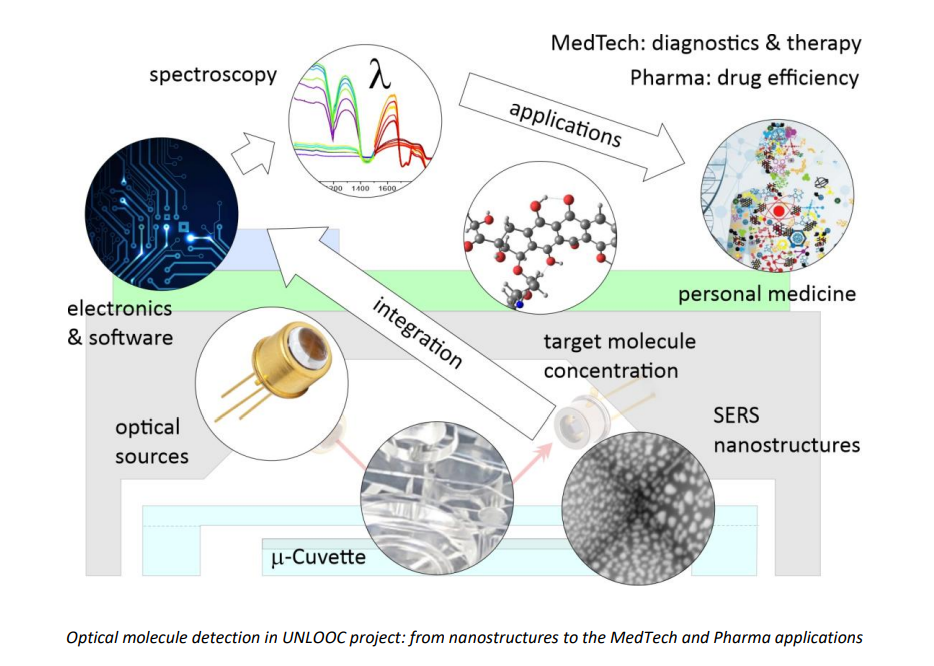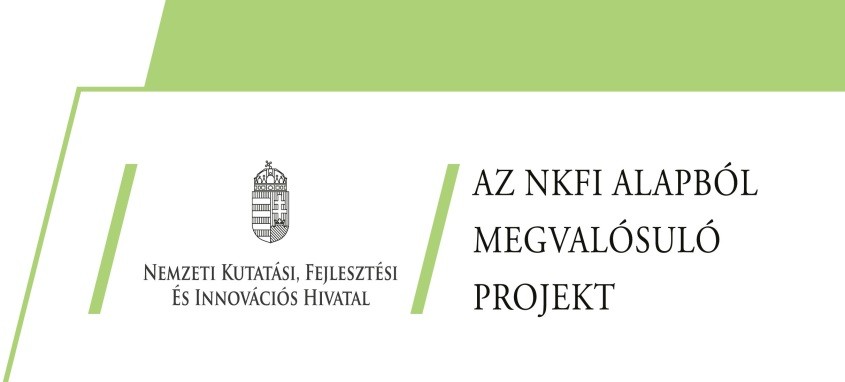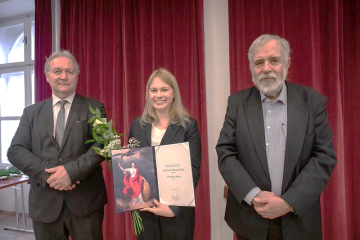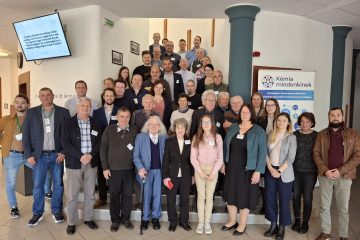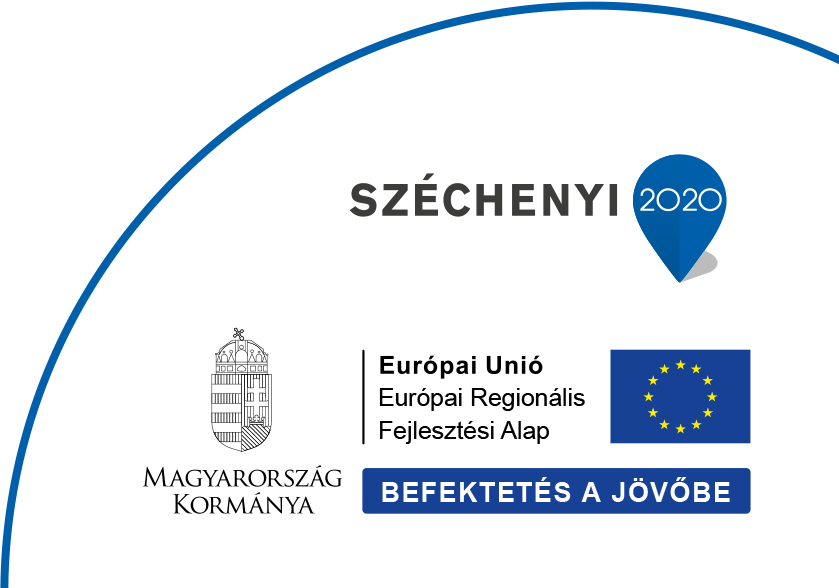
Researchers at the Institute of Engineering Physics and Materials Science of the HUN-REN Energy Research Centre (HUN-REN EK MFA) are involved in an international collaboration to develop complex microchips that can analyse artificially maintained cell cultures and tissues by applying highly integrated microelectronic, optical, microfluidic and microbiological systems supported by AI-based models.
The rapidly evolving Organ-on-Chip technology aims to replicate the physiological and functional properties of human organs on a miniaturised platform – to comprehend their function, their interactions at the biochemical level, and to analyse the efficacy, toxicity and pharmacokinetics of drugs. These in-silico models help to eliminate animal testing in the preliminary testing of pharmaceutical compounds and cosmetic active ingredients, but also allow a relevant evaluation of their reliability and efficacy. A particular challenge in the development of surrogate in vitro models is the automated analysis and interpretation of the chemical environment and the complex biological responses to it.
Accordingly, in the UNLOOC project, a multidisciplinary team of participating researchers will develop, optimise, test and apply a technology platform based on Organ-on-Chip devices applicable for highly parallelised drug discovery screening (including sampling, sample handling fluidics, cell culture platforms, sensor systems for monitoring biological processes). The consortium will demonstrate the performance of the platforms through practical use cases (e.g. Skin-on-Chip).
Experts from the Microsystems Laboratory of HUN-REN CER will be involved in the development of sensor systems (optical, electrochemical and plasmonic) for continuous monitoring of the concentration of drug substances and other marker molecules relevant in biological experiments.
The main goal of Hungarian researchers:
– Development of a microfluidic flow-cell for optical spectroscopy measurements, compatible with OOC platforms and its manufacturing technology,
– Development of a modular UV-VIS / NIR / Raman measurement setup with integrated readout electronics and software environment,
– Development of adequate manufacturing and encapsulation technology for broadband infrared LEDs – to achieve the prototype level,
– Design and fabrication of special thin film electrode structures for electrochemical measurements.
The European consortium consisting 51 members and led by the German Microfluidic Chipshop company, aims to develop reliable OOC technology that will not only enable controlled drug screening, but also the modelling of disease pathophysiology and, in the long term, personalised medicine. In the future, the tools being developed in the UNLOOC project will help to test drugs safer and faster by mimicking human tissues, even with samples from individual patients. In the longer term, the results being obtained could even be used for the personalised design of (chemo)therapeutic protocols, which could be a direct extension and translation of the project.
The project 2024-1.2.4-KDT-2024-00001 ‘UNLOOC – Organ-on-Chip systems (Hungarian participation in the 101140192 Horizon Europe project)’ is funded by the National Research, Development and Innovation Fund.
Further information, contact:
https://www.unlooc.eu/project, https://www.mfa.kfki.hu/kutatas/projektek/unlooc/
Dr. Péter Fürjes, head of laboratory, leader of UNLOOC Hungarian team, furjes.peter@ek.hun-ren.hu
